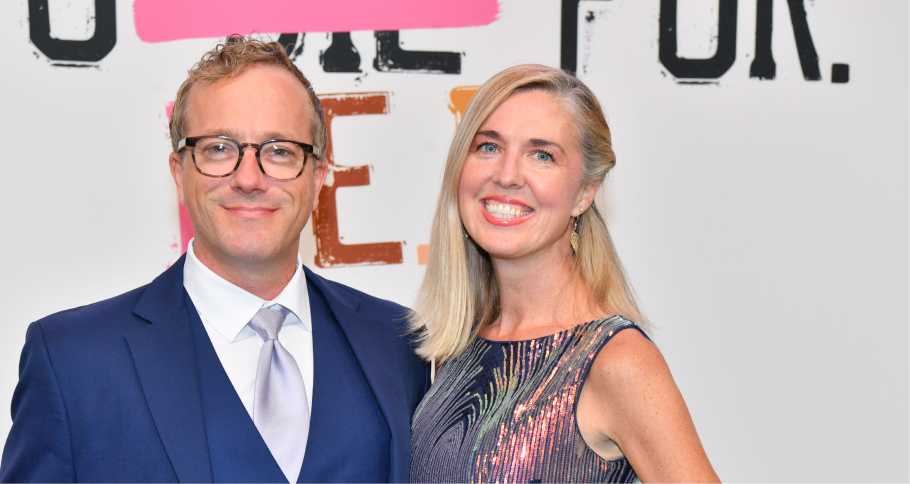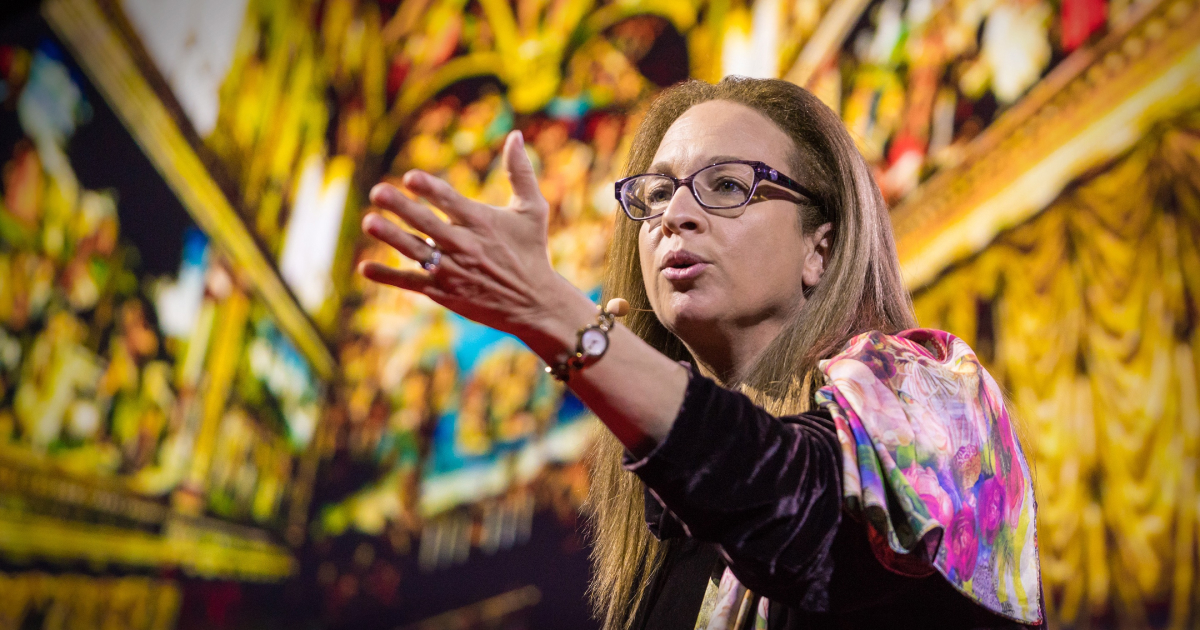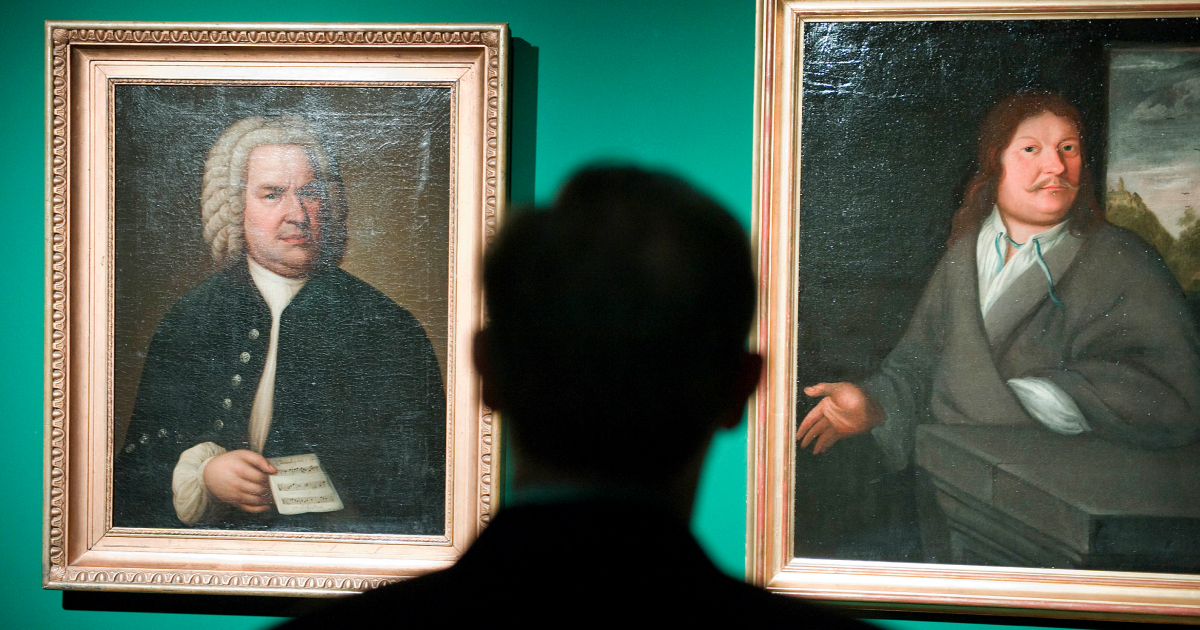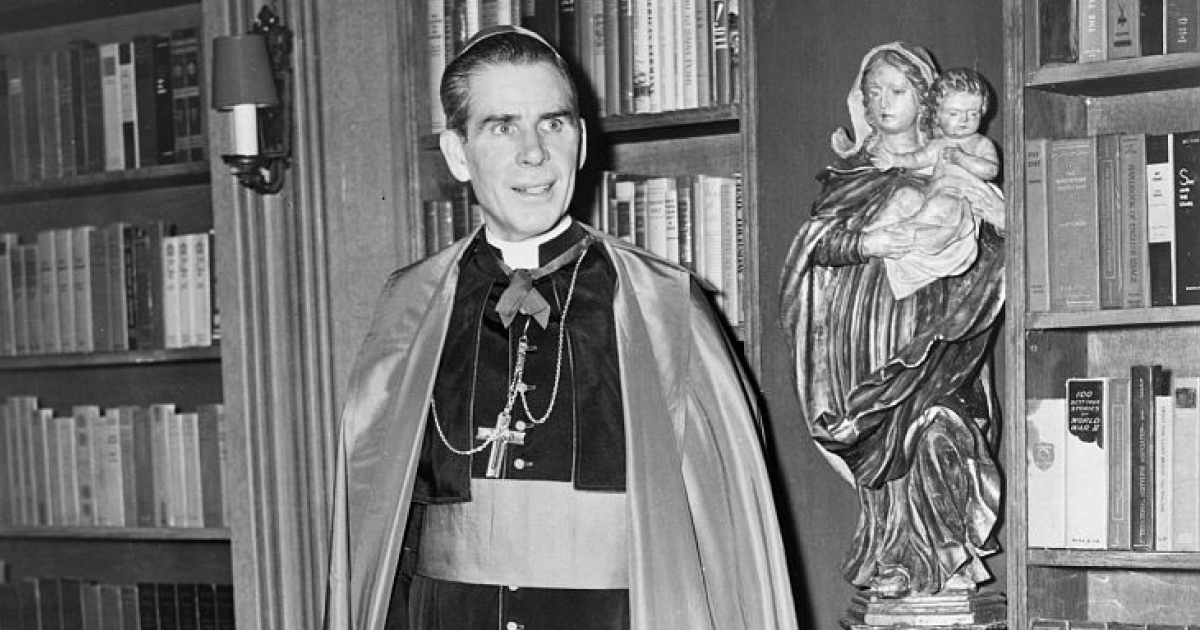In recent days, Catholic social media has been abuzz with news that Matt Fradd, host of the popular podcast Pints with Aquinas, will move his show to Ben Shapiro’s Daily Wire early next year.
Many have applauded the union as a way to bring Catholic truth to a larger audience. Fradd himself has said the podcast will “get bigger” without changing. Yet others feel uneasy. They worry that Fradd’s unmistakable Catholic voice may be overshadowed by a platform with a strongly pro-Israel bias.
Reacting to this, some have levelled the accusation that such criticisms reveal an “antisemitism” within some areas of the Catholic sphere. But this simplistic analysis, which works well to silence dissenting voices, takes little account of the facts.
Every media organisation reflects its owner’s outlook. When Amazon’s Jeff Bezos took over The Washington Post, he candidly announced that the paper would henceforth champion his favoured pillars, “personal liberties and free markets”, and said opposing views “will be left to be published by others.” In short, the owner’s ideology shapes content. This is not a conspiracy; it is an observed reality.
Fradd’s audience naturally asks: could the same subtle process happen at The Daily Wire? Ben Shapiro, the platform’s co-founder, is an Orthodox Jew and a public advocate for the modern State of Israel. Catholics should not resent his faith or views—indeed, many Catholics support them—but it does set the context. The Catholic Church rejects dispensationalism, the claim that the modern State of Israel holds a divinely ordained right to the Holy Land apart from Christ, because it contradicts the fulfilment of the Old Covenant in the New.
Is it unreasonable to suggest that Fradd might feel pressured, or inclined, to avoid topics that clash with Ben Shapiro’s agenda? These are questions of prudence, not malice. Indeed, Fradd himself may be acting prudently to avoid criticising the ideology of his bosses. A Catholic asking “could this become Pints with Maimonides?” is not uttering hate, but practising discernment. Whenever a beloved apostolate partners with a powerful non-Catholic network, asking cui bono—who benefits—is wise.
Christian love calls for truth spoken in charity. It is entirely legitimate, and often necessary, to criticise political positions or media biases without hating any people. Yet as theologians have often noted, Israel, like any nation, must still be judged by Catholic moral standards.
Calling out a media outlet’s Zionist slant is a criticism of ideas, not of the Jewish people. Saying “I’m concerned our Catholic message is being served to others’ agendas” is not the same as saying “Catholics should not involve themselves with Jews.” The former is prudence; the latter is prejudice.
One can honestly ask about influences on Pints with Aquinas without indulging any antisemitic tropes. Catholic wisdom encourages both humility and openness. If we sense something awry, it is better to charitably question. That is not antisemitism, but fidelity to truth and to the integrity of our faith.
Some have defended The Daily Wire, pointing out that the company already employs several prominent Catholics, among them Michael Knowles and Matt Walsh, and that therefore it cannot be hostile to the Faith. Fradd himself, somewhat acrimoniously, said that The Daily Wire had more Catholics than the Vatican—betraying a certain strain of superiority often displayed among the American Catholic right.
But the mere presence of Catholics in an institution does not sanctify its outlook. Neither does it mean Fradd should follow suit. Catholic media uniting under their own brand would seem a far more logical response, rather than attempting to overwhelm one which is not.
History is replete with examples of faithful Catholics serving within worldly structures that remain indifferent or even antithetical to the Faith’s higher vision. To say that an organisation “has Catholics” is not the same as saying that it operates on Catholic principles. Many political movements, both left and right, will occasionally say the right things on life, family, or moral order, while simultaneously advancing a worldview alien to the Catholic understanding of the common good. Such alliances often confuse zeal with prudence.
What is needed today is not a mere token Catholic presence in secular spheres, but a coherent Catholic political witness—something far deeper than mere realpolitik or surface-level agreement on culture-war issues.
Much has also been made of so-called “Traditionalist” Catholics allegedly spreading antisemitic conspiracy theories—the tired old charge that they indulge in Jewish tropes about global control.
But, in the main, traditional Catholics have far better things to occupy their minds and hearts than such nonsense. They are not fretting about imagined cabals or shadowy financiers. Their concerns are the concrete preservation of the Tridentine Mass, fidelity to traditional doctrine prior to the Second Vatican Council, and the salvation of souls.
In practice, Catholics should do two things: pray and watch. Pray that Pints with Aquinas continues to inspire souls and remains wholly Catholic in character. Pray for Matt Fradd’s mission, and for unity and charity among the faithful during this transition. Simultaneously, stay vigilant. If ever the network’s content or commercials contradict Church teaching, the faithful should have the courage to object.
(Photo by Jason Davis/Getty Images for DailyWire+)











.jpg)





